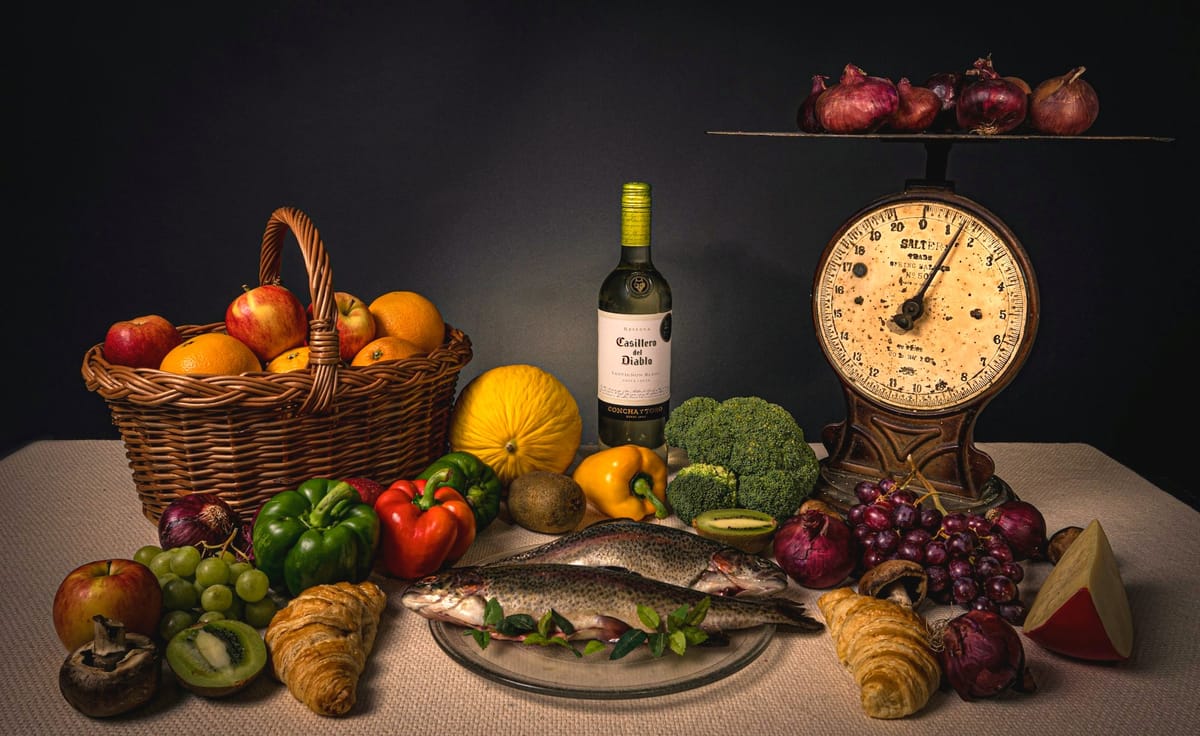The Mediterranean Diet: A Delicious Path to Better Health

In a world of complicated food trends and ever-changing nutrition advice, one eating style has stood the test of time — The Mediterranean Diet.
It’s more than just a “diet” — it’s a way of living that combines flavor, simplicity, community, and nourishment. Backed by decades of research, the Mediterranean Diet is one of the most recommended dietary patterns by doctors and health experts worldwide.
But what exactly is it? Where did it come from? And how can it benefit your health?
Let’s explore the roots, science, and everyday practices of this heart-healthy, longevity-supporting lifestyle.
🌍 Where Did the Mediterranean Diet Originate?
The Mediterranean Diet originated from the traditional eating habits of countries bordering the Mediterranean Sea, particularly:
- Southern Italy
- Greece
- Spain
- Morocco
- Turkey
- Lebanon
It gained international attention in the 1950s when American researcher Ancel Keys conducted the famous Seven Countries Study. He found that people living in these regions had remarkably low rates of heart disease — despite consuming fats like olive oil and cheese.
Their secret? A natural, balanced way of eating — rich in whole, seasonal foods, and deeply rooted in culture, family, and lifestyle.
🥗 What Is the Mediterranean Diet?
At its core, the Mediterranean Diet focuses on:
✅ Whole, minimally processed foods
✅ Plant-based meals with healthy fats
✅ Moderation in meat and dairy
✅ Enjoying meals slowly and socially
It’s not about strict rules, calorie counting, or cutting out food groups — it’s about nourishing your body and enjoying your food.
🍇 Key Components of the Mediterranean Diet
Here’s what’s typically on the table in a Mediterranean-style diet:
🫒 Healthy Fats
- Extra virgin olive oil (a staple)
- Avocados
- Nuts and seeds
🥬 Plenty of Fruits & Vegetables
- Leafy greens, tomatoes, cucumbers, eggplant, onions
- Seasonal fruit like grapes, figs, apples, citrus
🥖 Whole Grains & Legumes
- Barley, bulgur, farro, brown rice
- Lentils, chickpeas, white beans
🐟 Moderate Fish & Seafood
- Salmon, sardines, tuna, mackerel
- At least 2x per week
🍗 Limited Red Meat & Poultry
- Eaten occasionally, in small portions
🧀 Moderate Dairy (Mainly from Cheese & Yogurt)
- Feta, goat cheese, plain Greek yogurt
🍷 Optional Red Wine (in moderation)
- Often enjoyed socially with meals (1 glass/day or less)
🌿 Herbs & Spices
- Garlic, oregano, basil, mint, rosemary
- Used instead of excess salt
💡 Lifestyle Habits That Go With It
The Mediterranean way is about more than just food. It’s a lifestyle that includes:
- Regular physical activity (walking, gardening, dancing)
- Sharing meals with family and friends
- Cooking at home using local, seasonal ingredients
- Eating mindfully and slowly
- Getting plenty of sunshine and sleep
🧬 Science-Backed Health Benefits
The Mediterranean Diet is one of the most studied dietary patterns in the world — and the results are consistently impressive.
❤️ 1. Supports Heart Health
- Lowers LDL (bad) cholesterol
- Reduces blood pressure
- Decreases inflammation
- Associated with a lower risk of heart disease and stroke
🧠 2. Boosts Brain Health
- Linked to lower rates of Alzheimer’s and cognitive decline
- Rich in antioxidants and omega-3s that support brain function
⚖️ 3. Helps With Weight Management
- Naturally satiating, making it easier to eat less without feeling deprived
- High in fiber and healthy fats, which curb cravings
💉 4. Reduces Risk of Type 2 Diabetes
- Stabilizes blood sugar levels
- Improves insulin sensitivity
🧬 5. Lowers Inflammation
- Chronic inflammation is at the root of many diseases
- Mediterranean foods are anti-inflammatory by nature
🧘♀️ 6. Supports Mental Health
- Studies show links between Mediterranean-style eating and reduced depression and anxiety
- Nutrients like omega-3s, magnesium, and B vitamins play a role
🥄 Getting Started: Mediterranean Diet in Daily Life
You don’t have to move to Greece to start eating this way. Here’s how to bring the Mediterranean lifestyle into your own kitchen:
✅ Start with these swaps:
- Butter → olive oil
- White bread → whole grain or sourdough
- Sugary snacks → nuts and fresh fruit
- Heavy red meat → grilled fish or legumes
✅ Build a Mediterranean plate
- Half your plate = veggies
- 1/4 = whole grains
- 1/4 = lean protein (fish, beans, eggs)
- Add a drizzle of olive oil, herbs, and a handful of olives or seeds
✅ Weekly ideas:
- Meatless Monday: Lentil soup with olive oil and fresh bread
- Fish Friday: Grilled salmon with roasted vegetables
- Snack: Cucumber slices with hummus, or a handful of almonds
- Dessert: Fresh figs or Greek yogurt with honey
🌟 Final Thoughts: A Diet That’s As Good As It Tastes
The Mediterranean Diet isn’t just a meal plan — it’s a celebration of food, health, and life.
It’s flexible. Sustainable. Delicious. And supported by science.
Whether you want to prevent disease, boost energy, or simply enjoy your food more — this is a way of eating that truly loves you back.
💬 What’s your favorite Mediterranean-inspired dish?
Have you tried eating this way? Pass this along to a friend who’s ready to eat well and feel amazing.





